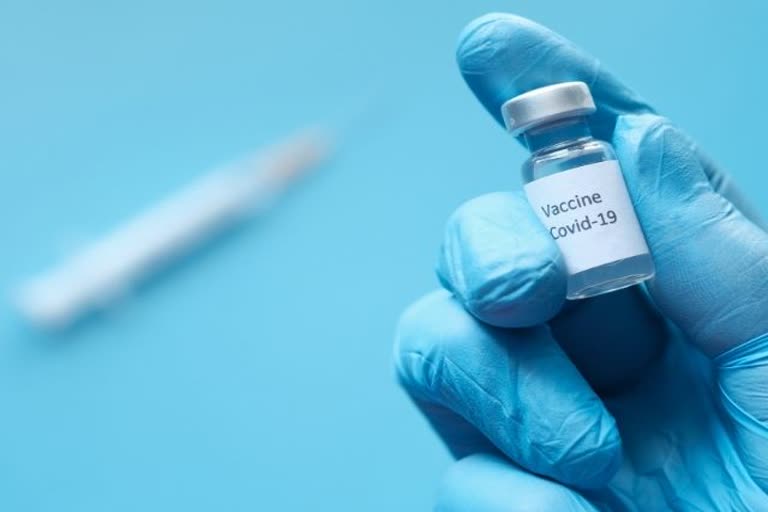People suffering from cardiovascular diseases have had it worse during the ongoing pandemic. Heart patients have been living in constant fear of sudden deaths and severe infections. Over the past year, we have witnessed a spike in the number of deaths due to cardiac arrest, post-COVID infections. During the second wave, one of the most common aftereffects was sudden deaths due to cardiac arrest post COVID. Therefore, it was advised that people with a history of heart diseases should get themselves vaccinated. Although people believe in myths and misconceptions around COVID-19 vaccines, it is important, especially for heart patients to take the vaccine shot. Hence, it is now imperative to address the following question: are COVID-19 vaccines safe for people with heart conditions?
Some safety concerns or adverse reactions of COVID-19 vaccinations that have arisen are Guillain-barre Syndrome (GBS), increased blood clots, myocarditis (inflammation of the heart muscle), or anaphylaxis (acute allergic reaction to an antigen). However, what has been documented is that most of the mentioned side-effects tend to show up weeks following vaccination, and not long after it. It has been further witnessed that the side-effects, which have consequential risks appear, most commonly after a month of inoculation. Hence, they can be managed well if diagnosed in time. There are no side effects that are severely detrimental to our health and well-being.
Moreover, the severe side-effects associated with vaccines are fewer than reported averages across the general population. For example, the risk of developing Guillain-barre syndrome is said to be 17 times more likely with general infections in comparison to vaccines.
Additionally, reports suggest that COVID-19 vaccines are not only safe for people with heart diseases, but they are also very important. We are at a point where there is a growing risk of emerging variants, there heart patients being one of the most vulnerable populations in society need to get their vaccine shots as soon as possible.
If one is still concerned about safety, one must note that the vaccines are safe for all age groups. Earlier this year, the American Heart Association released a statement urging everyone fitting the eligibility criteria to get their vaccination shots. The statement had particularly mentioned people with cardiovascular risk factors, heart diseases, and heart attack and stroke survivors to get vaccinated as soon as possible since they are at greater risk from the virus than the vaccine.
However, some common effects to note post-vaccination are fever, fatigue, headache, and joint pain. Additionally, pain in the injection site may also be witnessed. Whether a person is healthy or is someone with a pre-existing heart ailment, these side effects from the vaccine will be the same in everyone. As a heart patient, the symptoms will not differ from others. It is, however, always recommended to consult your doctor and also keep a constant check post-vaccination.
It is most important to note that whether a person is healthy or is someone with a heart ailment, getting vaccinated does not mean that one is safe from contracting the virus. Vaccination reduces the chances for hospitalization; however, cases of breakthrough infections have increased in current times with the emergence of new variants. Therefore, physical distancing, wearing a mask, maintaining hand hygiene, and staying at home is extremely important.
(IANS)
Also Read: How COVID-19 Affects Your Heart



